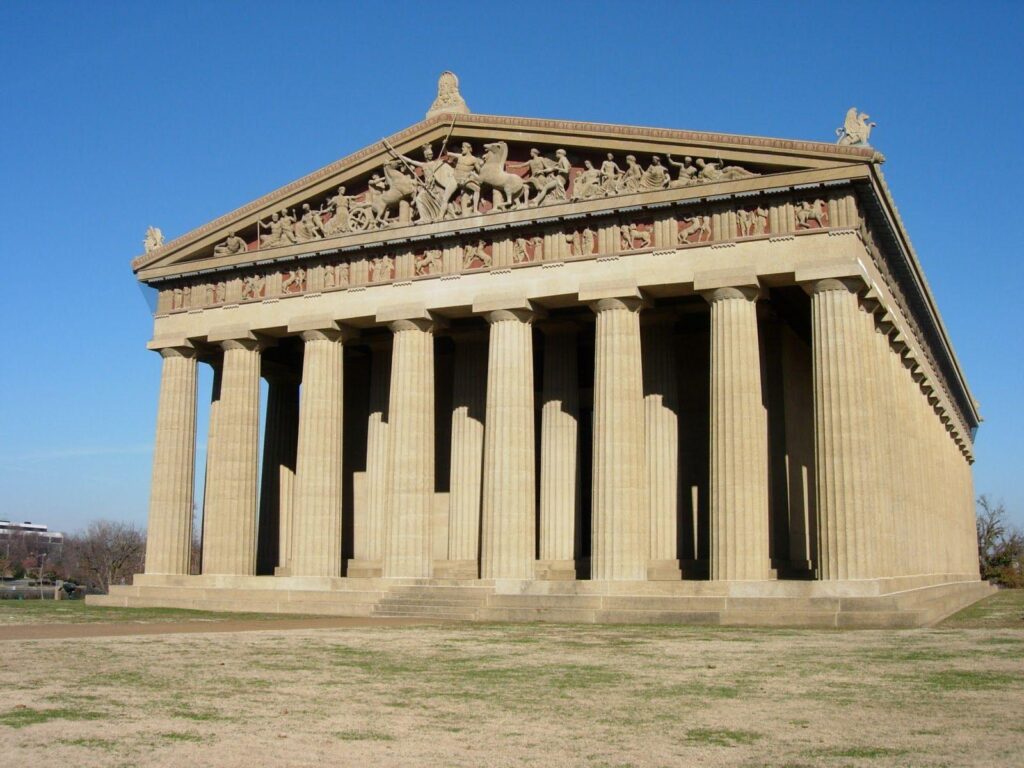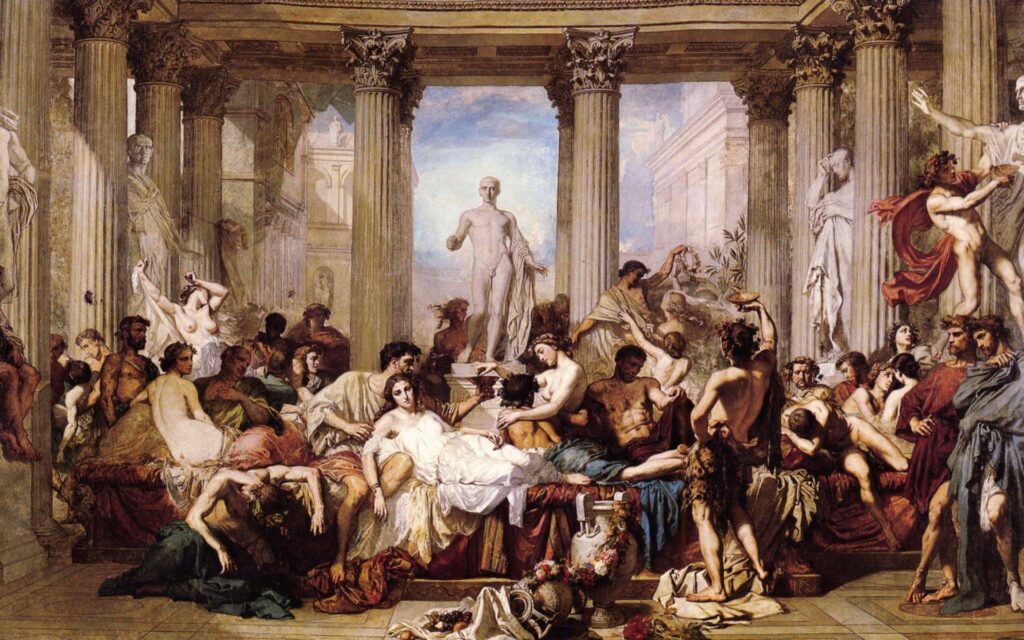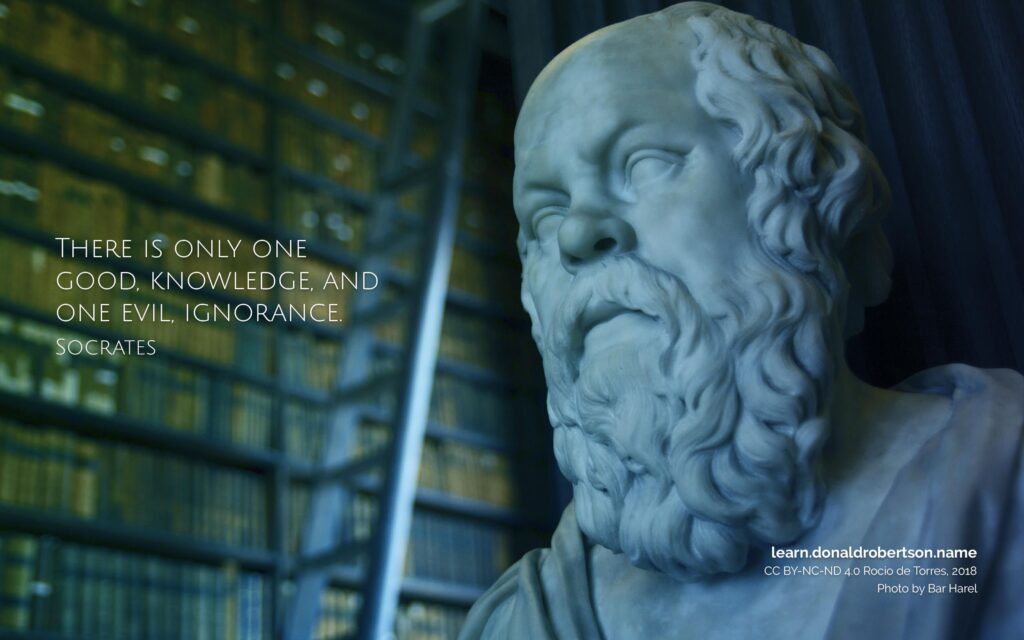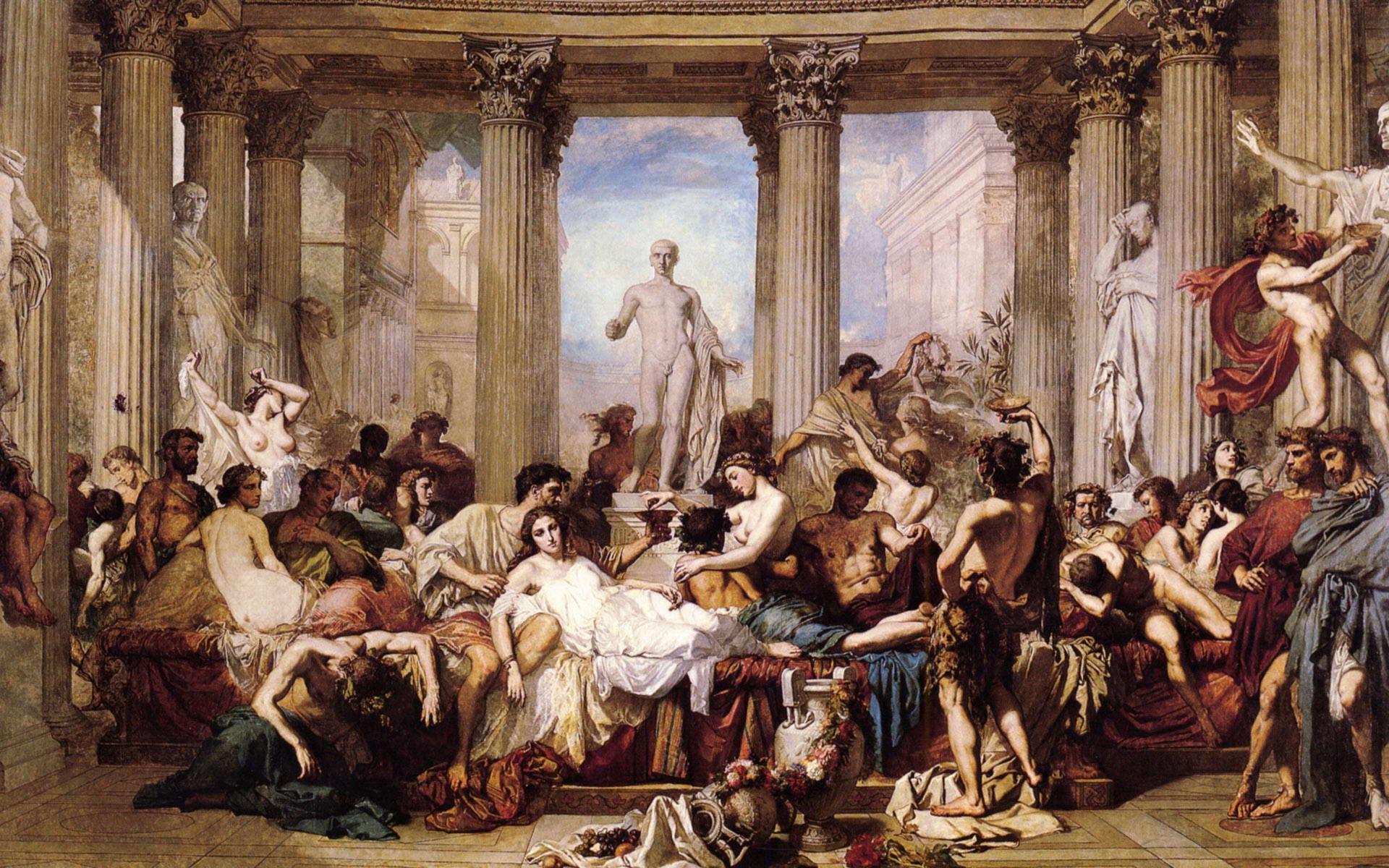Introduction ( The Statesman)

The Statesman author,Plato,One of the greatest philosophers ever, was born in Stagira (Athens) around 427 B.C in an aristocratic family. His influence on the philosophical thought hasn’t waned in almost 2500 years after his birth. Plato wrote three famous books on politics: The Republic,The Statesman, and Laws. He wrote the latter two in the last period of his life. In the Statesman Plato’s attitude towards democracy is slightly less antagonistic than was demonstrated in “The Republic”. It seems like Plato became more conservative with his advancing age. In the Statesman he does not repudiate his assertion that the Republic would be the ideal state ,but he acknowledges that the ideal state may not be possible and that practicality is,after all,important.
To Read IPL and other Cricket related articles click Here.
To read Manchester City Top 3 Best Players,click Here.
To read The Republic:Salient Features of Plato’s Theory of Justice, Click Here.
Plato’s Ideal State (Statesman)

Just like in “The Republic”,Plato criticizes the democracy in this book too. He argues that the good Statesman,like the Guardian Ruler,should be an expert. Political demagogues may claim to understand the problems of the statecraft, but the Philosopher King actually knows. He utilizes his superior intellectual abilities according to his own knowledge and discretion and Codified Laws do not become hurdles in the way of his intellect. In the Ideal State,the Statesman may use law or not.its up to him. He is above the law even when he uses it.
Plato rejects democracy in favor of the rule of an able and talented guardian. It is ruler’s task to develop a virtuous society. Education is one of the most important functions of the government . Law is inferior to knowledge.
The Practical Government ( The Statesman)

Although in the beginning the Statesman repeats the same basic principles that Plato had mentioned in his most famous work ,”The Republic”. But when he goes on to a discussion of law and governmental problems in the real world, the Statesman contributes something new. Plato acknowledges that we can not find the ideal statesman nor the Philosopher-king in this world. Yet life must go on and must follow the best course under the circumstances.
The law,previously ignored by Plato, is now a vital necessity. Though law is imperfect,but it has value because it promotes stability. The security and stability obtained through rigid observance of the law are not so desirable as the harmony and unity to be found in the Ideal State,but it prevents further decay. If the ignorant and unjust are to control the government,they will incur less wrath if they are restrained by law.
Plato’s Classification of the States (The Statesman)

In the Statesman Plato puts the ideal state aside as desirable but impractical and proceeds to a two-fold classification of lawful and unlawful states in the following manner:
Lawful States
Knowledge expressed by law is the directing force.
(i)Monarchy—the lawful rule of the one is the best state.
(ii)Aristocracy—the lawful rule of the few is the second best state.
(iii)Constitutional Democracy—the lawful and moderate rule of many is the worst of the lawful states but it is better than any any unlawful state.
Unlawful States
The directing force is arbitrary and is not restrained by law.
(i) Tyranny—the unlawful rule of the one is the worst of all states.
(ii) Oligarchy—the unlawful rule of the few is the second worst state.
(iii) Unconstitutional Democracy—the arbitrary and extreme rule of many is unlawful and thus bad,but less dangerous than tyranny or oligarchy.
Democracy ‘s Ranking Improves in the Statesman

This new classification represents a modification of Plato’s earlier views. Democracy gets an improved position. It is now designated the worst of the lawful states but the best of the unlawful states. Here too, Plato does not consider democracy inherently virtuous. he thinks that the greater the concentration of authority, the more capacity is found for either good or evil, depending upon whether the state is lawful or unlawful.
That is why lawful rule by one man in the best.but unlawful rule by one in the worst possible government. At any rate,Constitutional Democracy now is regarded by Plato as better than tyranny,oligarchy and unconstitutional democracy. In the Statesman,Plato is still loyal to the principle of rule by the intelligent,but the passion of the Republic has subsided and the great Philosopher has approached the stage of moderation and practicality.
To read more The Republic click Here.
